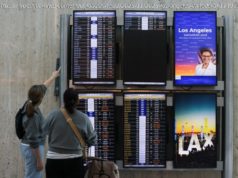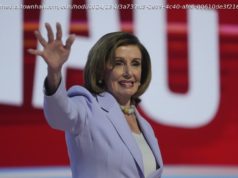Six of the Group of Seven leaders will try to show the wealthy nations’ club still has the clout to shape world events despite the early departure of U.S. President Donald Trump.
Six of the Group of Seven leaders are trying on the final day of their summit Tuesday to show the wealthy nations’ club still has the clout to shape world events despite the early departure of U.S. President Donald Trump.
Canadian Prime Minister Mark Carney and his counterparts from the U.K., France, Germany, Italy and Japan will be joined by Ukrainian President Volodymyr Zelenskyy and NATO chief Mark Rutte to discuss Russia’s relentless war on its neighbor.
World leaders had gathered in Canada with the specific goal of helping to defuse a series of pressure points, only to be disrupted by a showdown over Iran’s nuclear program that could escalate in dangerous and uncontrollable ways. Israel launched an aerial bombardment campaign against Iran on Friday, and Iran has hit back with missiles and drones.
Trump left the summit in the Canadian Rocky Mountain resort of Kananaskis a day early late Monday, saying: “I have to be back, very important.” As conflict between Israel and Iran intensified, he declared that Tehran should be evacuated “immediately” — while also expressing optimism about a deal to stop the violence.
Before leaving, Trump joined the other leaders in issuing a statement saying Iran “can never have a nuclear weapon” and calling for a “de-escalation of hostilities in the Middle East, including a ceasefire in Gaza.” Getting unanimity — even on a short and broadly worded statement — was a modest measure of success for the group.






